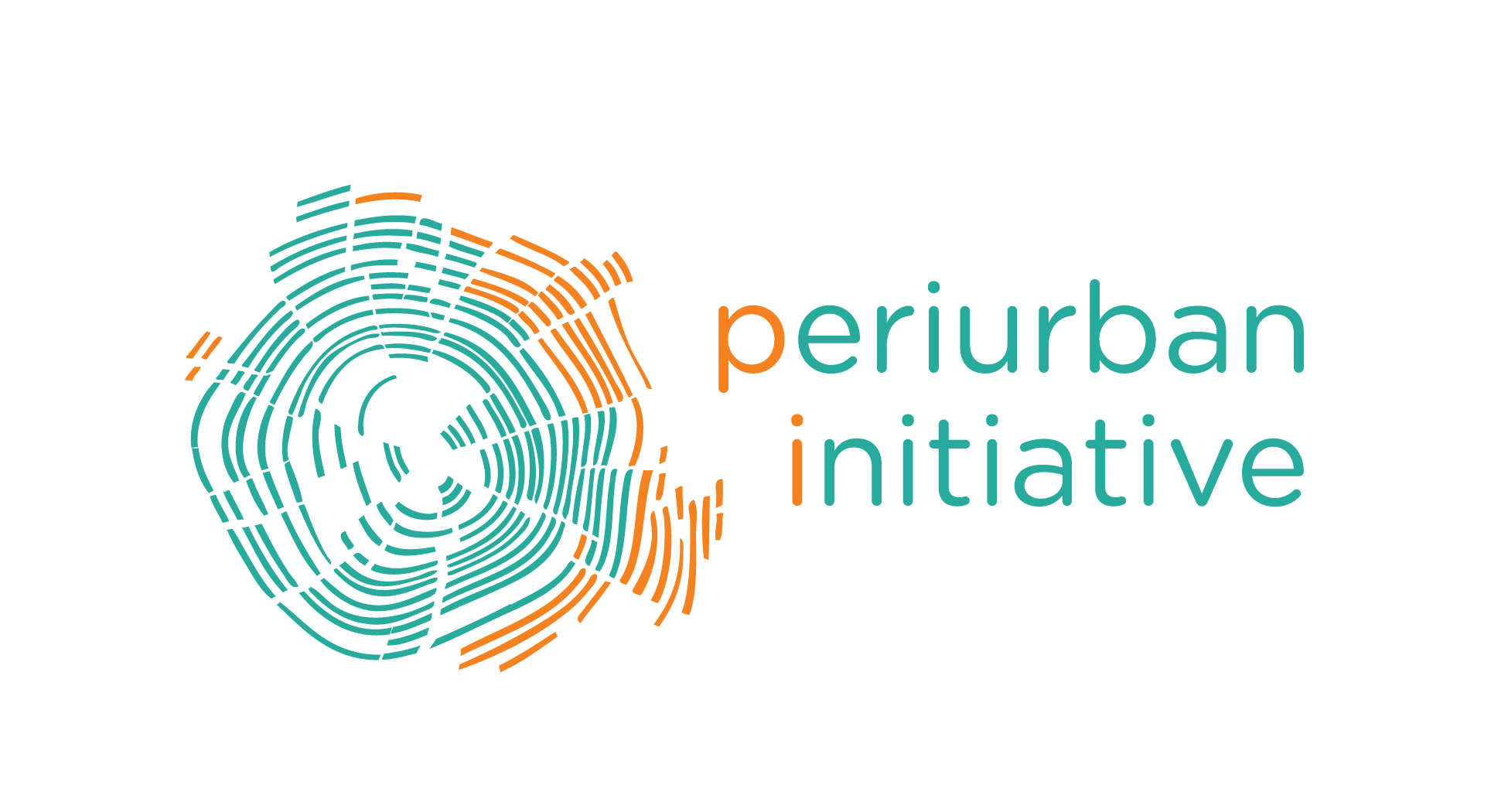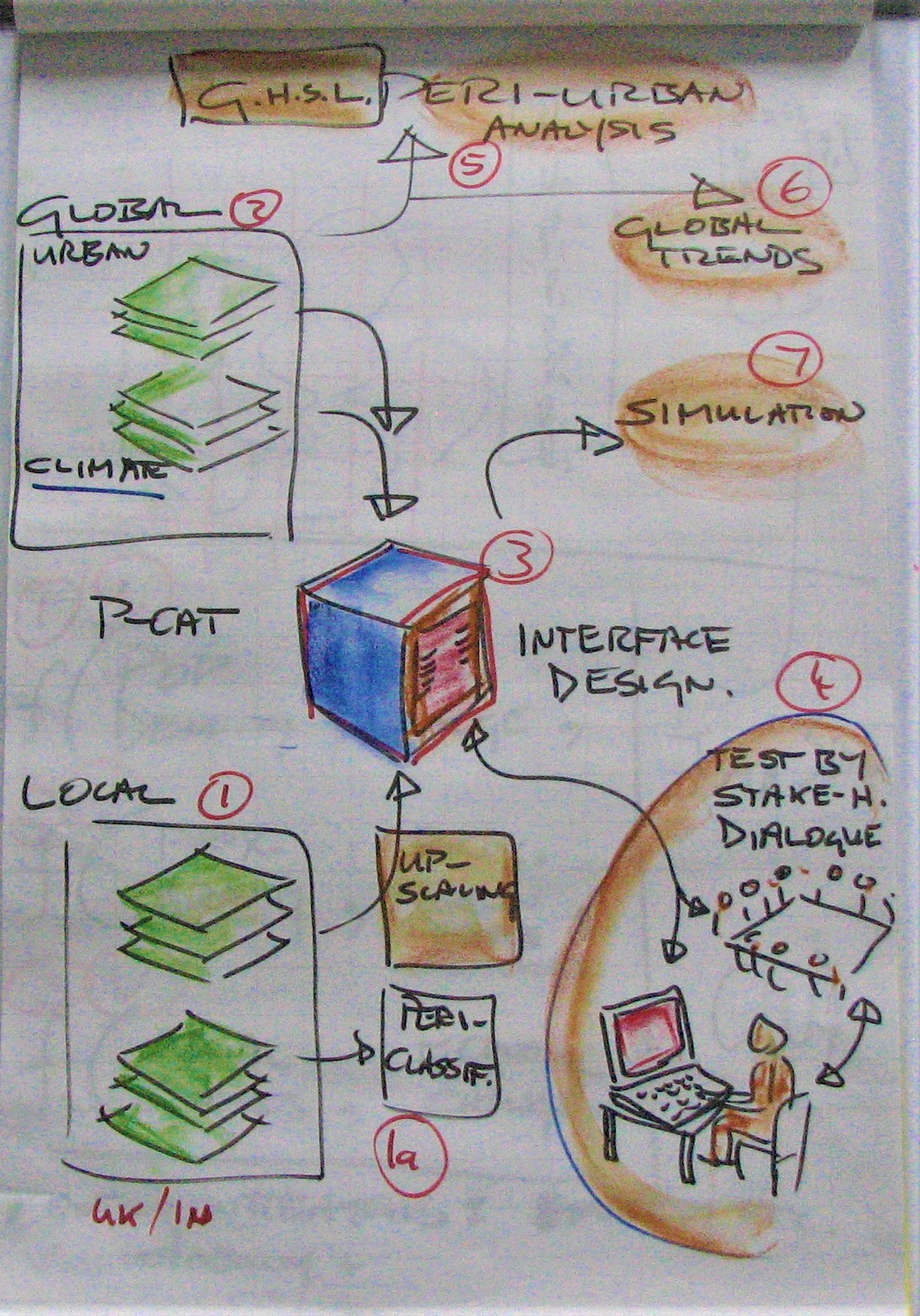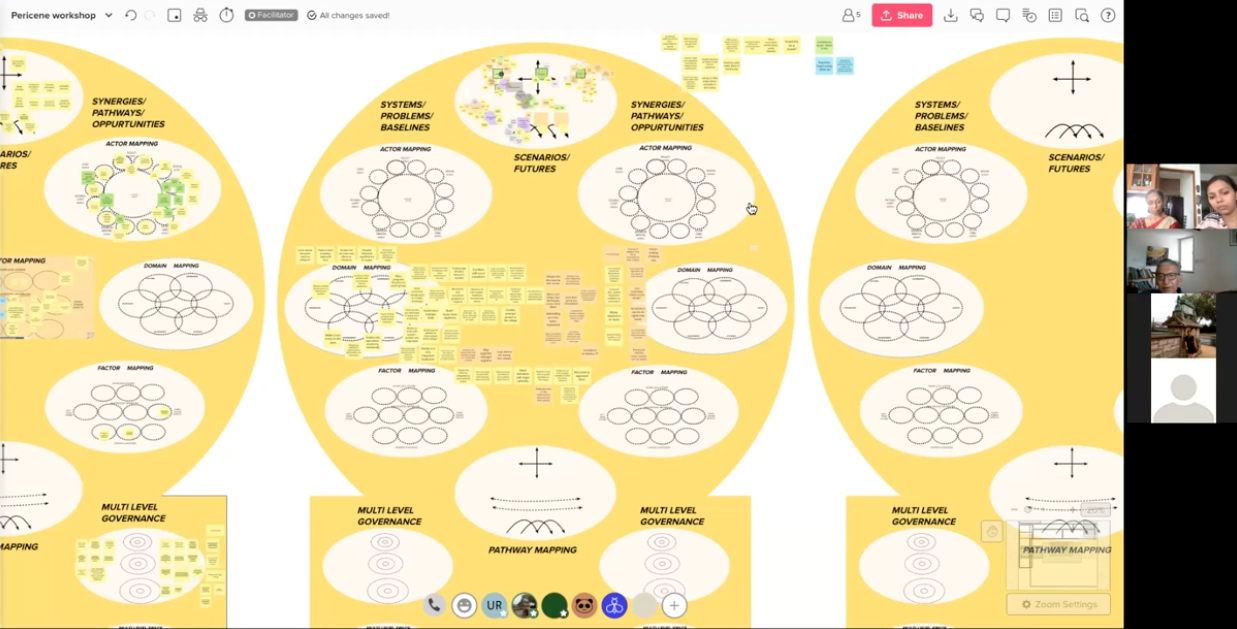PERI-CENE
A version of Anthropocene, a new kind of global human-environment system shaped by peri-urbanisation
THE VISION

From space, the human impact on the planet can be seen most clearly through the spread of cities. However, cities themselves are spreading into much larger sprawling areas around and between them. The planet has arguably entered the 'Peri-cene' – a new global human-environment system shaped by peri-urbanisation. Around the world, peri-urban areas contain global hubs and local enclaves, sprawl and disorder, and crucial urban infrastructure. Peri-urbanisation leads to the the disruption of communities and livelihoods and, in particular, there is growing ecological disruption and climate risk.
The focus on periurbanisation points both towards a growing urban reality and a new way of thinking about urban environments. The idea of 'pericene' is very interesting and persuasive.The focus on urban labs and governance relates to the cutting edge on urban research, and points towards new areas ofwork which can potentially be transformative.
The Peri-cene project aims to provide the first ever comprehensive assessment of global peri-urbanisation, with its climate impacts, risks and vulnerabilities.
01.
CONCEPT
The Project aims explore the interactions between peri-urbanization and climate-environmental change, at local and global levels: and to co-design adaptive pathways towards peri-urban climate resilience.02.
DEVELOPMENT
Develop a typology and global assessment which covers all main development types and urban-climate-environment types, and outline the typical peri-urban impacts / effects on climate-environment change, in their context of urban and regional inter-dependencies, and in the context of risk, and vulnerability.03.
TESTING
A global typology and global assessment with an interactive Peri-urban Analysis Tool analysing new synergies and pathways to address the policy challenges in a global ‘Policy Lab’. Additionaly, an in-depth case studies in Chennai, India and Manchester, UK for creating adaptive pathways to mobilise collective climate intelligence to address peri-urbanisation and climate risk at local, regional and international scales.DELIVERABLES
The Peri-cene project aims to provide the first ever comprehensive assessment of global peri-urbanisation, with its climate impacts, risks and vulnerabilities.
WORKSHOPS
Kickoff meeting and workshop
Strong steer to bring governance issues to the fore. This may come through a renaming of the Adaptive governance work package, and a focus on governance in the case studies. Climate impacts are diverse. It is suggested that the case studies may need to focus on one impact.Water is a common theme across all of our interests (both in terms of water quantity and water quality) in relation to the peri-urban.
Read MoreReview Meeting 2
How far have we reached, in unraveling the more complicated forms of governance? The meeting set its focus on creating the workflow for the Periurban analysis Tool kit.
Read MoreChennai Stakeholder meeting
Reviewing existing forms of governance and designing potential pathways to adaption, What have we concluded?
Read More







